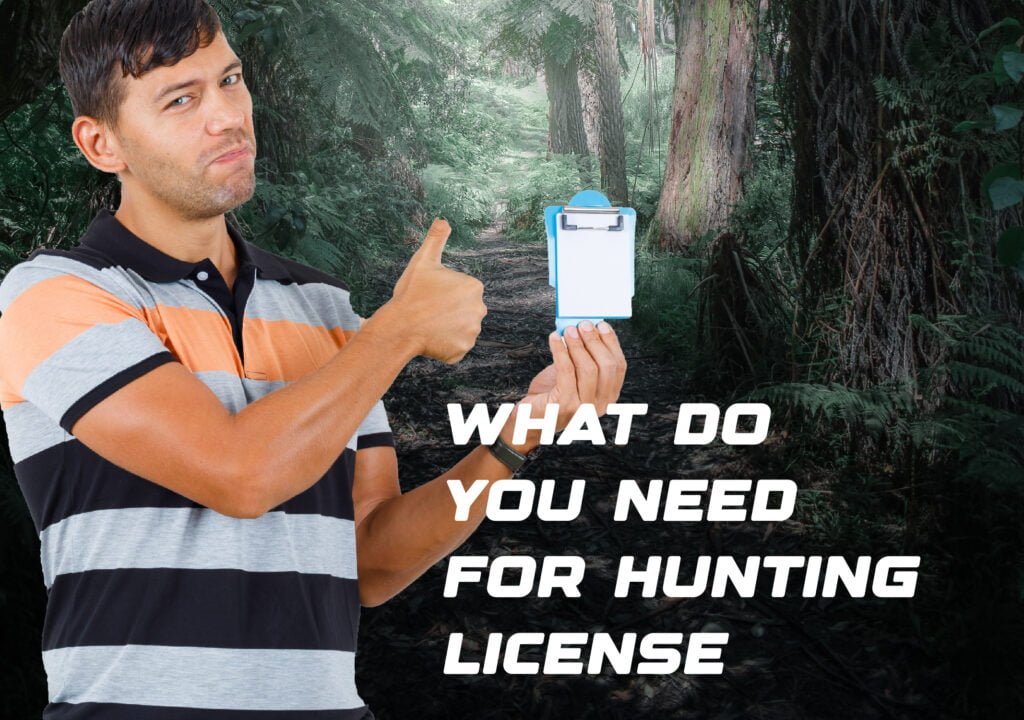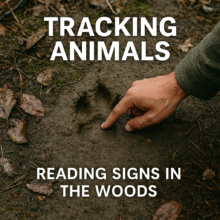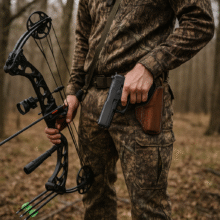What Do You Need for a Hunting License?

If you’re planning to embark on a hunting adventure, one of the essential requirements you must fulfill is obtaining a hunting license. Each state and country has its own set of regulations and procedures for acquiring a license. In this guide, we’ll cover the general steps and documents needed to obtain a hunting license.
Table of Contents
- Table of Contents
- 1. Introduction: The Importance of a Hunting License
- 2. Checking State or Country Requirements
- 3. Completing Hunter Education Courses
- 4. Gathering Required Documents
- 5. Applying for a Hunting License
- 6. Waiting Period and Processing Time
- 7. Frequently Asked Questions (FAQs)
- 8. Conclusion: Getting Ready for a Memorable Hunt
Table of Contents
1. Introduction: The Importance of a Hunting License
A hunting license is a legal document that permits individuals to hunt specific game species during designated hunting seasons. It helps regulate hunting activities, maintain wildlife populations, and fund conservation efforts. Acquiring a license is crucial not only for staying within the bounds of the law but also for contributing to the sustainability of wildlife.
2. Checking State or Country Requirements
Researching Hunting Regulations
Begin by researching the hunting regulations in your state or country. Regulations may differ, depending on the location and the species you intend to hunt. Visit the official website of the wildlife agency or department responsible for hunting regulations to access up-to-date information.
Identifying License Types
Different hunting licenses may be available, depending on factors such as the game species, hunting method, and duration of the license. Identify the specific license types offered in your area and choose the one that best suits your hunting plans.
Checking Eligibility and Age Requirements
Confirm that you meet the eligibility requirements to obtain a license. Typically, these requirements include age restrictions, residency status, and compliance with hunter education requirements.
3. Completing Hunter Education Courses
Understanding Hunter Education Requirements
Many states and countries require individuals to complete hunter education courses before applying for a license. These courses provide essential knowledge about hunting safety, ethics, and wildlife conservation.
Enrolling in Hunter Education Courses
Find available hunter education courses in your area and enroll in one that fits your schedule. Courses are often offered online or in-person, and the curriculum includes both theoretical and practical components.
Completing Online or In-person Training
Complete the hunter education course and pass any required assessments or examinations. Upon successful completion, you will receive a hunter education certificate, which is an essential document for obtaining your license.
4. Gathering Required Documents
Proof of Identity and Residency
Prepare documents that establish your identity and residency. These may include a government-issued ID card, driver’s license, passport, or other identification documents.
Previous Hunting License (If Applicable)
If you have held a hunting license in the past, have any previous licenses or permits ready as they may be required during the application process.
Hunter Education Certificate
Keep your hunter education certificate handy, as it is a mandatory document for applying for a license in many regions.
5. Applying for a Hunting License
Choosing License Duration and Type
Determine the desired duration of your license, whether it’s for a specific hunting season or a year-round license. Select the appropriate license type based on your plans and the game species you wish to pursue.
Purchasing the License Online or In-person
Depending on your location, you can purchase your license online through the wildlife agency’s website or in-person at authorized license vendors.
Paying the Applicable Fees
Pay the required fees for the license. The fees may vary depending on the license type, duration, and residency status.
6. Waiting Period and Processing Time
Understanding Processing Times
Be aware that there may be a waiting period for the processing of your hunting license application. Processing times can vary depending on the volume of applications and the efficiency of the licensing system.
Checking License Delivery Methods
Confirm how your hunting license will be delivered to you. Some regions issue digital licenses that can be downloaded and printed, while others provide physical license cards.
7. Frequently Asked Questions (FAQs)
1. Do I need a hunting license to hunt on private property? In many regions, It is required regardless of whether you’re hunting on public or private property. Always check local regulations to ensure compliance with the law.
2. Are there different hunting licenses for residents and non-residents? Yes, many states and countries offer separate licenses for residents and non-residents. Non-resident licenses often have different fees and may be subject to different regulations.
3. Can I apply for a hunting license if I have a criminal record? Having a criminal record may impact your eligibility for a license, depending on the nature of the offense. Check with your local wildlife agency for specific requirements.
8. Conclusion: Getting Ready for a Memorable Hunt
Obtaining a hunting license is an essential step in preparing for a safe and enjoyable hunting experience. By familiarizing yourself with hunting regulations, completing hunter education requirements, and gathering the necessary documents, you can ensure a smooth application process. Remember to prioritize safety, ethics, and responsible hunting practices throughout your hunting adventures. Happy hunting!







